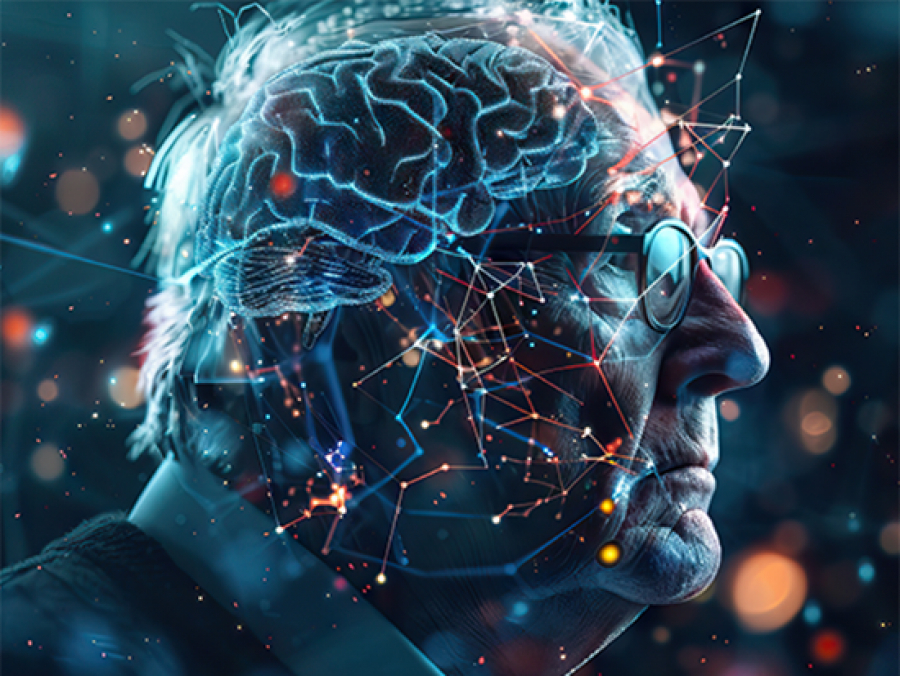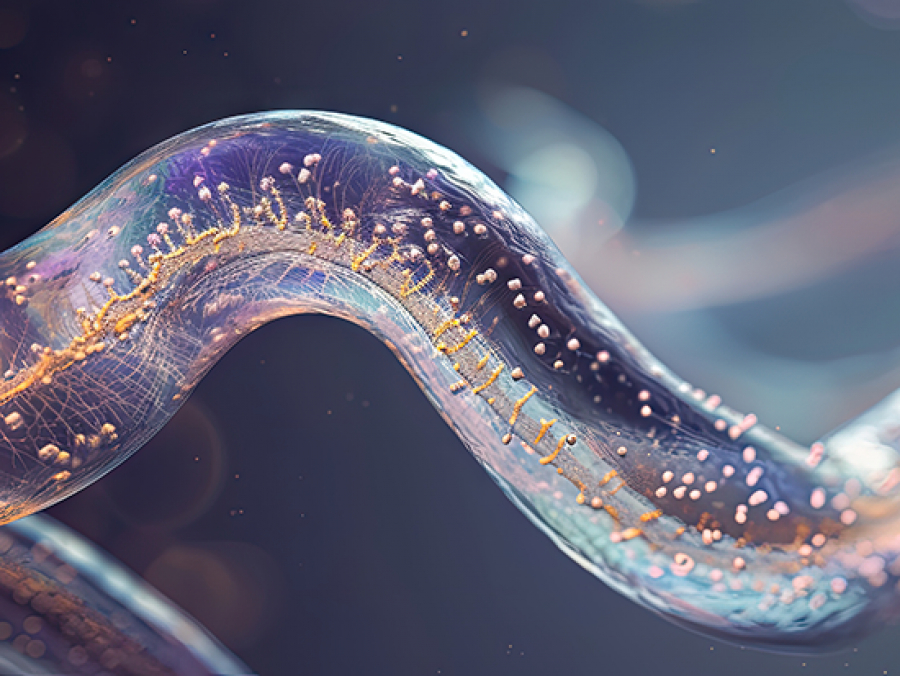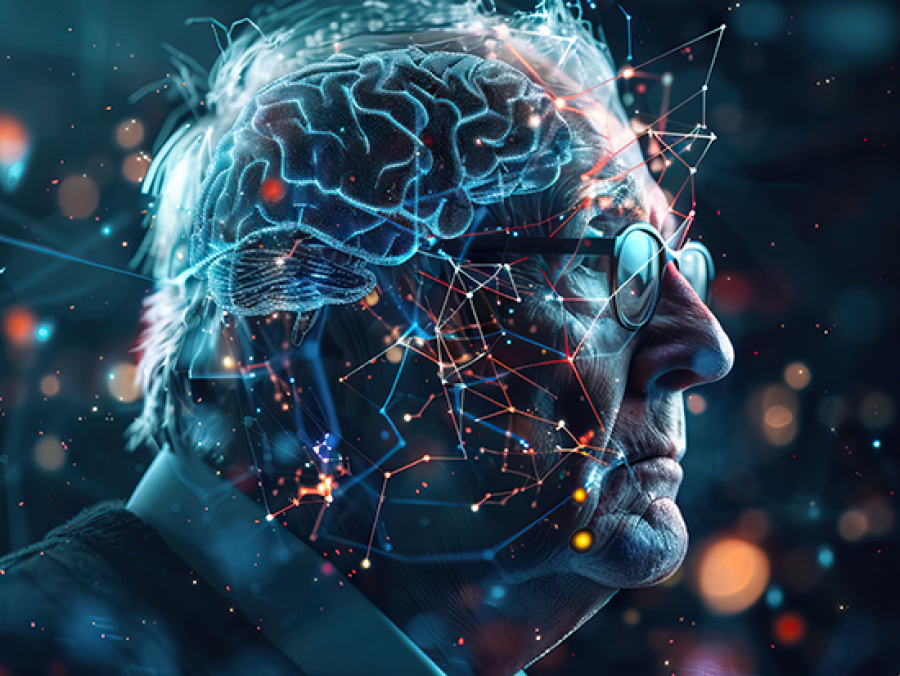Comprehensive Neuroscience Center

Faculty
Strategic Faculty Recruitment Program in Neuroscience
The University of Alabama at Birmingham (UAB) Heersink School of Medicine (HSOM) is recruiting up to 20 investigators as part of a major strategic initiative in the neurosciences to build on a strong portfolio across basic and translational research.
Learn moreOpens an external link.
Events
CNC Retreat 2025
The CNC sponsors an annual retreat for the UAB neuroscience community. The retreat usually features external keynote speakers, new UAB faculty presentations, and trainee oral & poster presentations with presentation awards.
Learn moreOpens an external link.

Education
Neuroscience Research and Education
UAB offers multiple paths to careers in the neuroscience workforce. Students may find their calling as clinicians or clinician-scientists working with patients in any number of neuro-related specialties or find their calling with fundamental science.
Learn moreLatest Headlines
Every gift helps us make a difference
Support the critical work of our faculty, staff, and trainees so we can continue providing the highest level of care to our patients and make breakthroughs in research and discovery.




